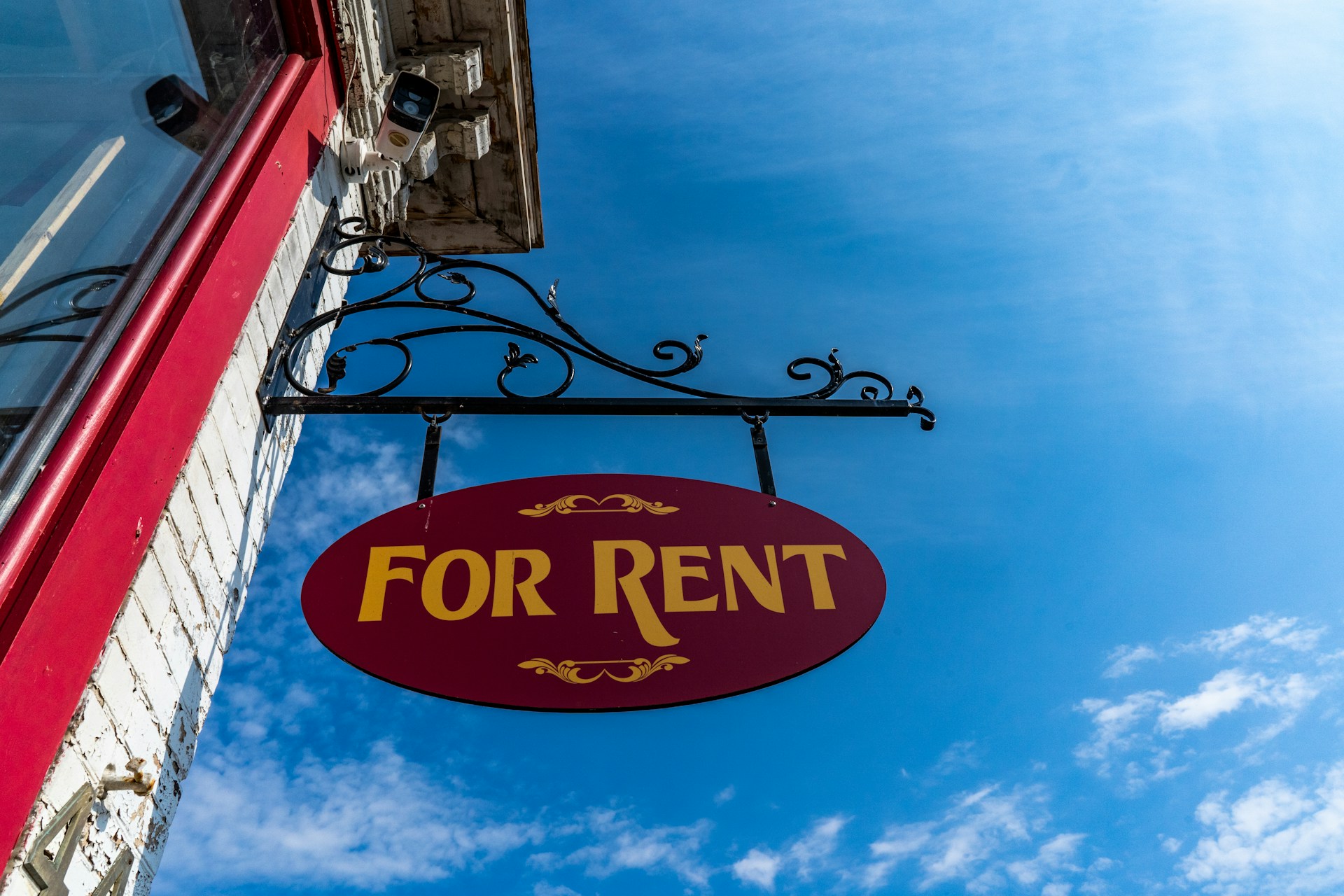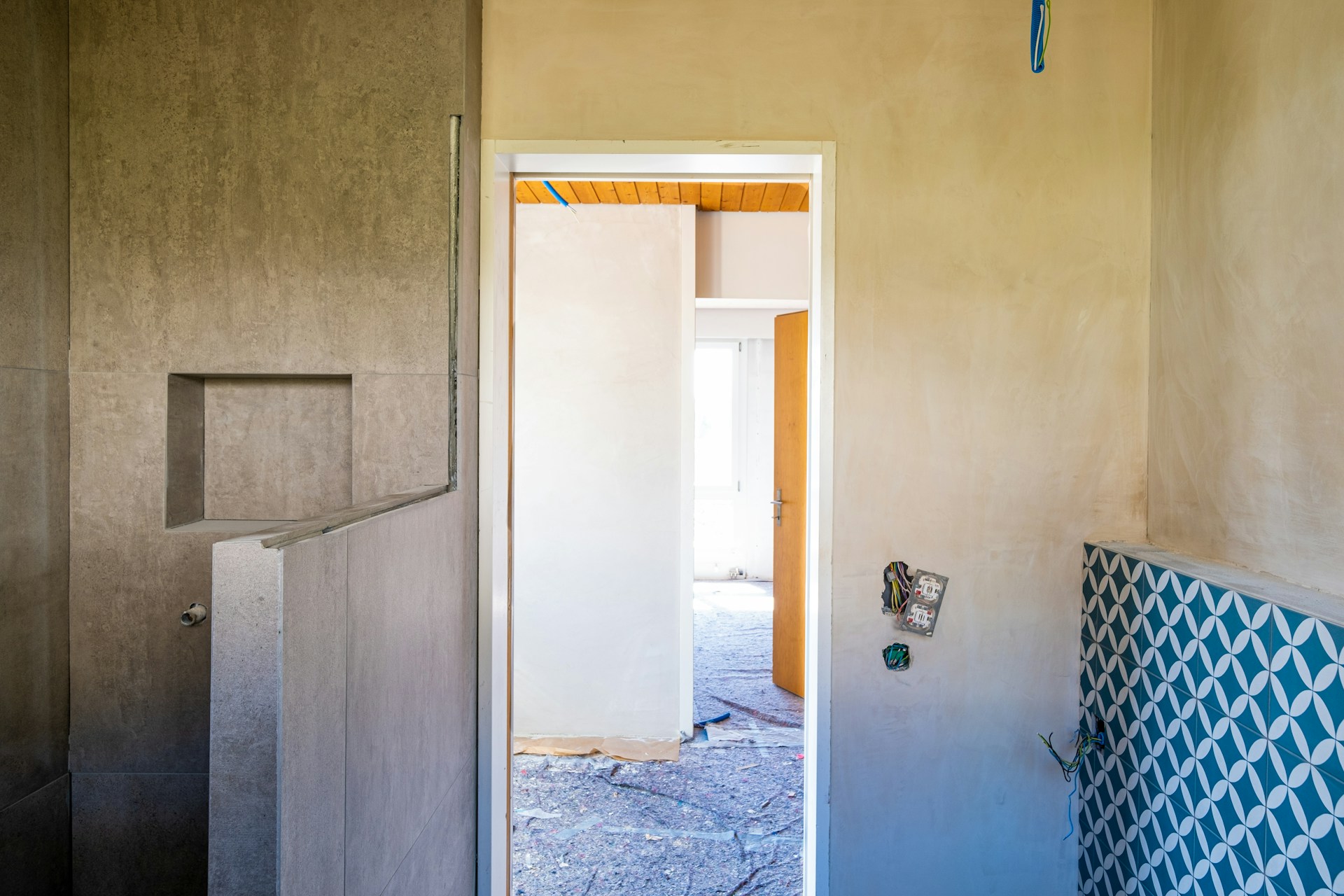
Owning property can be rewarding, but it also comes with significant responsibilities. Navigating property owner responsibilities and staying up to date with rental laws isn’t just smart business practice—it’s a legal necessity. Understanding your obligations helps protect you, your tenants, and your investment.
This guide will walk property owners and landlords through the foundational legal duties tied to real estate compliance, offering practical insights for those looking to manage their properties with confidence.
From routine maintenance to lease agreements and fair housing considerations, property owners are held to high standards.
This post at https://www.ascendbakersfield.com/ will unpack each essential area you need to understand—from maintenance commitments to rental law updates—to ensure you fulfill your landlord legal duties and foster positive, lawful relationships with your tenants.
Why Legal Compliance Matters in Property Ownership
The Impact of Proper Compliance
Meeting legal obligations is more than checking a box. When property owners adhere to rental laws and guidelines, they mitigate potential disputes, reduce liability risks, and improve tenant satisfaction. Real estate compliance is a living process, affected by changes in state and local policies.
Risks of Non-Compliance
Failure to follow property owner responsibilities can result in fines, lawsuits, and reputational damage. Whether you own a single-family home or manage a portfolio of apartments, understanding the legal landscape keeps you on the right side of the law.
Maintenance and Habitability Standards
Providing Safe and Livable Conditions
Every landlord is required to offer a rental property that meets habitability standards. This includes:
- Functioning heating, plumbing, and electricity
- Safe structural elements (doors, windows, railings)
- Working smoke detectors and carbon monoxide alarms
- Pest-free environments
Ensuring these essentials often involves regular inspections and prompt repairs.
Preventative Maintenance Tips
- Schedule seasonal system checkups for HVAC, plumbing, and roofing.
- Keep records of all maintenance for future reference.
- Respond quickly to tenants’ repair requests to avoid legal disputes and build trust.
Lease Agreements and Legal Documentation
Essentials of a Legally Binding Lease
A lease serves as the backbone of the landlord-tenant relationship. Key elements should include:
- Description of the property and intended use
- Rental amount, security deposit terms, and due dates
- Responsibilities for property maintenance (who handles what)
- Conditions for lease termination
Well-drafted, clear lease agreements help prevent ambiguity and potential legal conflicts.
Updates and Renewal Processes
Stay alert to changes in rental laws that might affect lease terms (like updated notice periods or allowable fees) and update documents accordingly.
Security Deposits and Financial Protections
Handling Deposits Legally
Property owners manage security deposits on behalf of tenants. Legal requirements often include:
- Clear explanation of deposit uses (damage, unpaid rent, etc.)
- Designated procedures for deposit return at lease end
- Adherence to local limits on deposit amounts
- Timely accounting and itemization of deductions
Best Practices for Deposits
- Provide tenants with a move-in and move-out checklist
- Return deposits within the timeframe mandated by law
- Communicate transparently about any deductions
Privacy Rights and Entry Notifications
Respecting Tenant Privacy
Landlords are not permitted to enter the rental property at will. Most rental laws require:
- Advance written notice (typically 24–48 hours)
- Entry only for legitimate reasons (repairs, inspections, showings)
Exceptions exist for emergencies, but clear communication is mandatory for standard entry.
Documenting Notices
- Always document entry notifications and tenant communications.
- Use email or written letters for a formal paper trail.
Fair Housing and Anti-Discrimination Regulations
Understanding Fair Housing Laws
Landlords must treat all applicants and residents equally, without bias based on race, color, religion, sex, disability, familial status, or national origin. Many states expand these protections to include sexual orientation, age, or income source.
Tips for Staying Compliant
- Use consistent criteria when screening all applicants.
- Train staff or property managers on fair housing rules.
- Avoid statements or advertising that could be perceived as discriminatory.
Keeping up with Evolving Rental Laws
Importance of Staying Current
Rental laws change frequently. Regularly reviewing your legal responsibilities as a property owner is essential for ongoing compliance.
Staying Proactive
- Subscribe to updates from local and state housing authorities.
- Consider joining local landlord associations.
- Consult a property management professional or real estate attorney for guidance on new legislation.
Building a Responsible and Compliant Rental Business
Managing property successfully requires diligence, transparency, and a commitment to compliance. Proactively addressing property owner responsibilities through regular maintenance, thorough documentation, respectful communication, and up-to-date legal knowledge can set you apart as a landlord.
Being attentive to rental laws and landlord legal duties doesn’t just protect your interests; it also contributes positively to your local community by providing safe, fair, and reliable housing. Equip yourself with knowledge, and remain flexible to legal shifts, so you and your tenants can enjoy a smooth, professional relationship.












